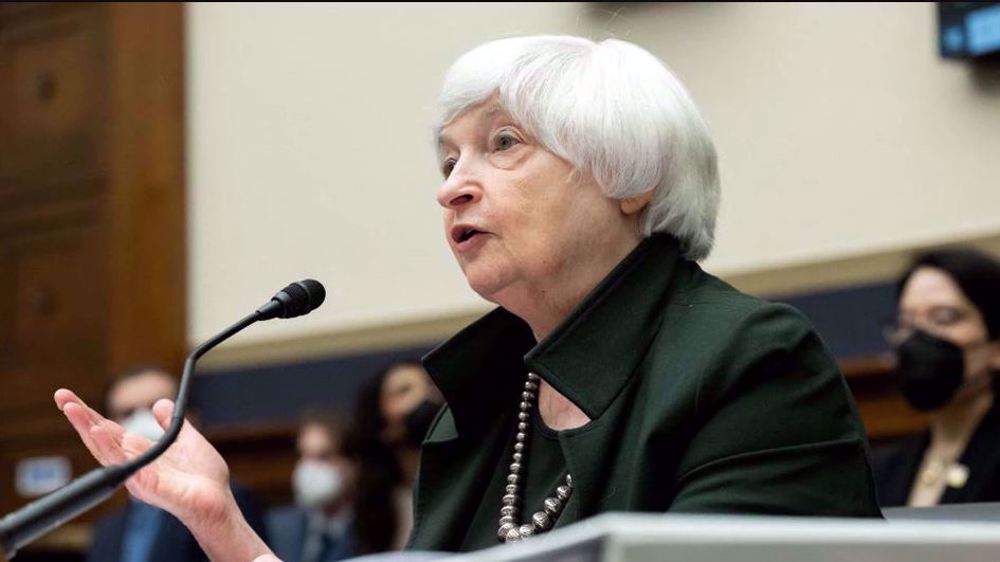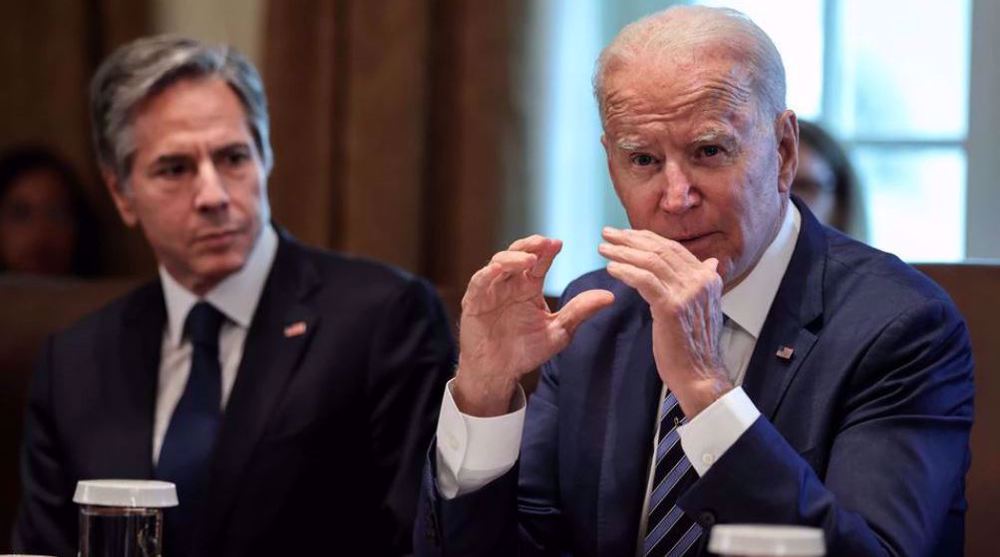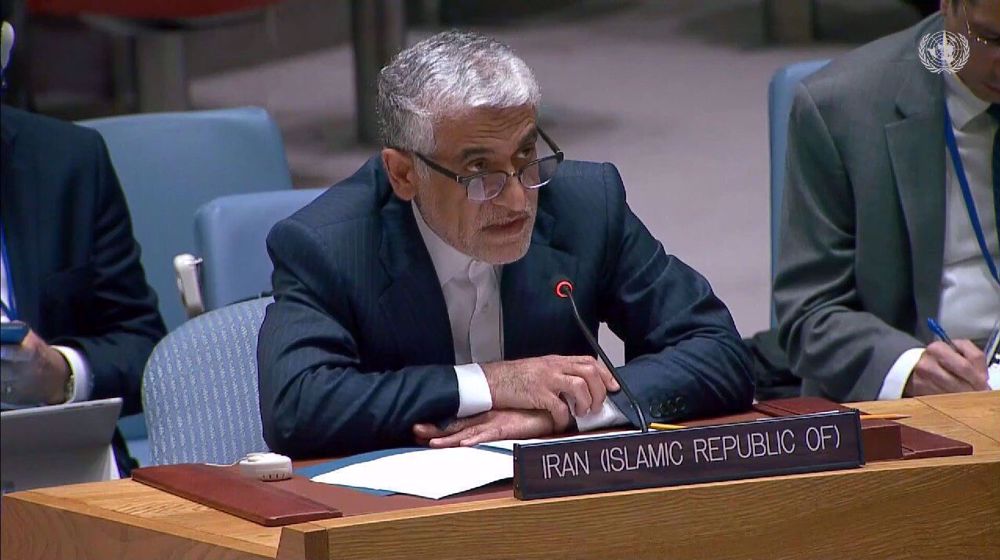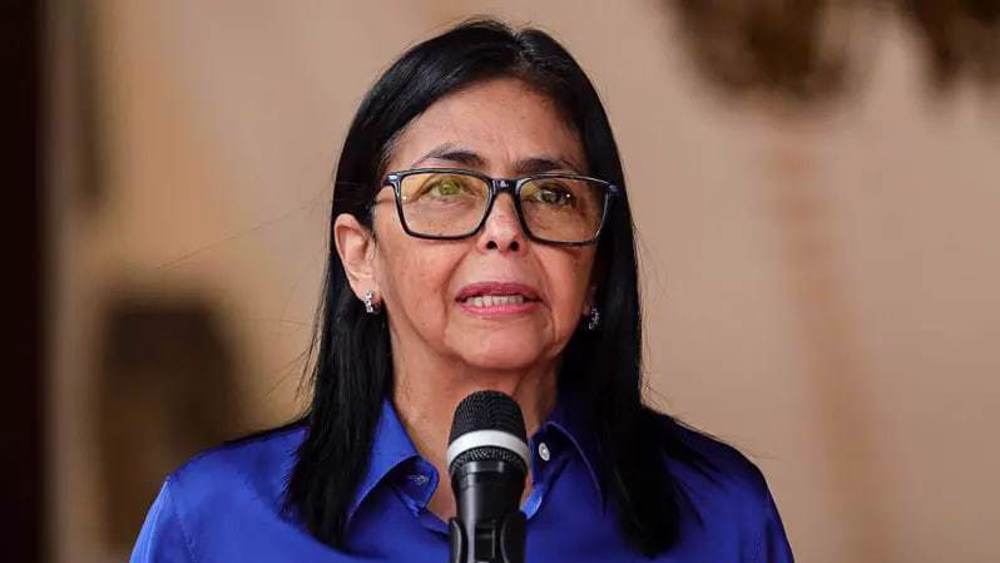US pushes Russia towards default by blocking debt payments: Official
A former US sanctions official says the United States is pushing Russia toward default by blocking debt payments, as Washington ups the ante in its economic warfare against Moscow over the conflict with Ukraine.
The US Treasury Department on Tuesday announced it would no longer allow Russia to make debt payments owed to American bondholders, The Washington Post reported.
Moscow has so far successfully managed to make its international bond payments despite the US-led sanctions that have hindered the process though.
Russia has not defaulted on its external debt for more than 100 years. It has several billions of international bonds and last month made overdue bond payments to avoid default.
However, Russia was facing a May 25 deadline when a US license allowing it to make payments is set to expire.
The Treasury move will make it almost impossible for Russia to avoid a default on May 25 when a US license allowing it to make payments is set to expire.
The Russian government owes a total of about $20 billion worth of bonds, mostly in dollars, and it owes about $500 million in interest payments over the next month, according to Gerard DiPippo, a senior fellow with the economics program at the Center for Strategic and International Studies.
“This will make the likelihood of a default now significant,” said Adam Smith, a partner at Gibson Dunn and a former Obama administration sanctions official. “We’ve never done this to an economy like this before.”
The Biden administration had decided last week against extending the waiver in order to increase financial pressure on Moscow.
Western countries have slapped unprecedented sanctions on Russia since President Vladimir Putin declared a military offensive against Ukraine on February 24.
The temporary general license 9A, issued by the US Treasury Department's Office of Foreign Assets Control on March 2, had made an exception for the purposes of "the receipt of interest, dividend, or maturity payments in connection with debt or equity."
That measure has allowed Russia to keep making payments to investors to avert a default on its government debt and allowed American investors to continue to collect coupon payments.
Last week, US Treasury Secretary Janet L. Yellen downplayed the repercussions of a Russian default, pointing out that the country is already largely unable to raise funds from international creditors because of the existing sanctions and investor flight over the war.
“Russia is not able to right now to borrow in global financial markets; it has no access to capital markets,” Yellen told reporters in Germany where she participated in a conference of economic officials from the Group of Seven Western industrialized nations.
“If Russia is unable to find a legal way to make these payments, and they technically default on their debt, I don’t think that really represents a significant change in Russia’s situation. They are already cut off from global capital markets, and that would continue.”
The Biden administration has imposed harsh economic and banking sanctions on Russia in response to Russia's military actions in Ukraine.
US President Joe Biden said the sanctions would limit Russia's ability to do business in dollars, euros, pounds and yen.
The US president claimed that the only other alternative to the sanctions would be to start a “Third World War.”
VIDEO | Lebanon parliament discusses budget in light of deep rifts
Regional states reject use of their territory against Iran
VIDEO | Israeli military destroys Gaza cemetery, scattering remains of over 700 graves
Iran ministry slams EU’s blacklisting of IRGC as 'Illegal, hypocritical'
Hamas blasts Western media for blindly defending false Israeli narrative
ElBaradei condemns US threats of military action against Iran
VIDEO | Red the only colour in Gaza
‘No two-hour war’: Iran vows immediate retaliation to any attack











 This makes it easy to access the Press TV website
This makes it easy to access the Press TV website